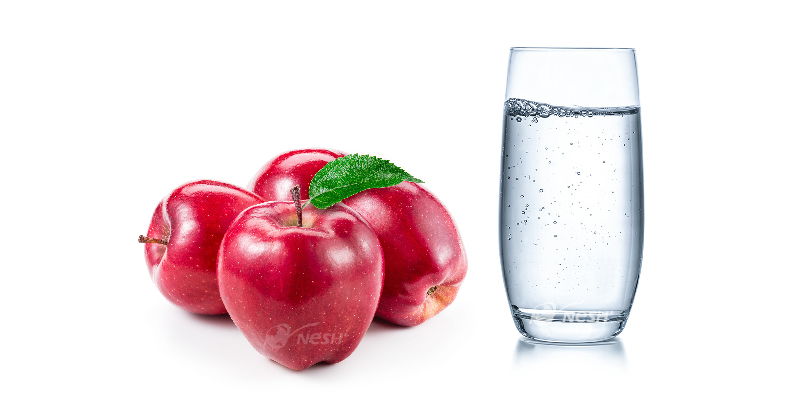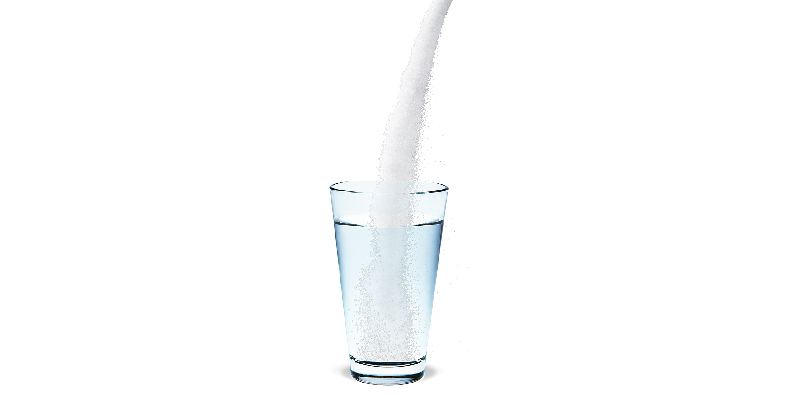Water is a key component of digestion and it ensures the proper absorption of nutrients. Every cell that lines your digestive tract is water, which means the cells need water in order to function accordingly. When your body lacks water, the natural body reaction will be to reabsorb water from your colon, which may lead to hard stools and constipation.To keep your digestive system in good working condition, water is inevitable. In fact, the better your digestive system functions, the better you feel, look and perform.
The process of digestion involves 3 stages, from the mouth to the stomach and the intestines. But how can water help in digestion?
Water liquefies and breaks down food into smaller enough pieces that your body is able to absorb them. Water keeps tissues in the digestive tract flexible so that food can move through the digestive system easily and smoothly. Your body then absorbs the nutrients through the wall of the small intestine into the bloodstream, which delivers them to the rest of the body.
To help digestion, it is good to drink a glass of water 30 minutes before the meal and 1 hour after the meal. By doing so, your body can absorb the nutrients better. You may also take some water during the meal but keep it to the minimum because too much water can make you feel full and prevent you from finishing your meal or may lead to acid reflux.
Water intake is a simple and easy task to keep your digestive system running but choosing the right kind of water to drink can keep your digestive system healthy. As we mentioned in our previous blog, the type of water your drink determines your health.
Nesh Life Water is patented and let’s see how it can help digestion. Nesh Life Water is very soluble and its molecules are smaller than general drinking water. The smaller size of the molecules makes it faster and easier to be absorbed by our body.
During the process of digestion, Nesh Life Water aids the process of dissolving in your stomach by mixing the food you eat with digestive juices and breaks down the food into smaller components faster. What happens next is the breaking down of fat and protein into a form that is easier to be absorbed by the intestine walls. It accelerates the process of digestion and reduces the burden of your digestive organs.








